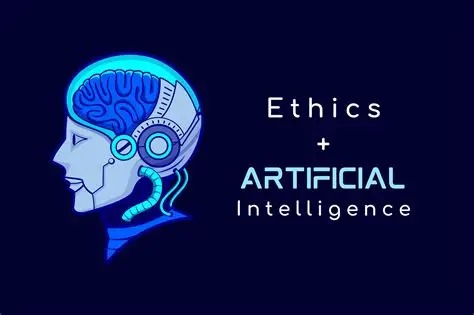Contents
AI is transforming the future of work, redefining jobs, creating new opportunities, and reshaping the skills needed to succeed in a dynamic employment landscape.

AI and the New Era of Job Creation
Automation and AI are not the end of work—they are the beginning of a profound shift in how work gets done. While concerns about job loss are valid, the World Economic Forum predicts that AI will create around 97 million new jobs by 2025, offsetting many roles that will be automated or changed by technology. These “jobs of tomorrow” include AI specialists, data scientists, and new positions in fields that haven’t even emerged yet. Rather than replacing people, AI gives rise to new industries, changing the shape and purpose of existing ones.

How AI Transforms Work
Instead of a stark divide between jobs lost and jobs saved, most employment changes triggered by AI occur along a continuum of transformation. Recent findings suggest that more than a quarter of all roles could be “highly” transformed by generative AI (GenAI), meaning AI will touch or remake the tasks within them. Nearly half (46%) of common work skills are ripe for some level of AI-driven transformation, with GenAI taking over routine work and freeing up professionals to focus on tasks demanding creativity, emotional intelligence, or critical thinking.
Key categories of transformation include:
-
Minimal Transformation: Many roles, especially those demanding hands-on work or human interaction (like nursing), are least affected.
-
Assisted Transformation: AI offers support—suggesting solutions or templates, but human skills and decision-making remain essential.
-
Hybrid Transformation: AI does the heavy lifting on routine tasks while people oversee, interpret, and manage exceptions.
-
Full Transformation: A small portion of highly structured or repetitive skills may be almost entirely handled by AI, especially in technology-heavy fields.

Which Jobs Are Changing Most?
Jobs in technology, finance, administration, and media are among the most exposed to AI-driven transformation. Tasks like data entry, bookkeeping, and some forms of customer support are at higher risk of full automation, while creative, strategic, or people-focused work remains predominantly human.
For example:
-
Software Development: Up to 81% of skills in this field could shift to hybrid transformation, with AI automating code review and testing, but humans still setting direction and innovating.
-
Healthcare: While patient care remains person-forward, AI is taking over administrative tasks like scheduling, billing, and diagnostic data management, allowing staff to focus on empathy and expertise.
Skills for the AI-Powered Workplace
AI is now a collaborator, not just a tool. Top skills that set workers apart include adaptability, critical thinking, digital literacy, and the ability to supervise or work alongside intelligent systems. Workers and organizations are urged to embrace upskilling and continuous learning to thrive in this new job landscape.
AI skills don’t just make people more resilient—they’re valuable: workers with AI expertise command premium wages and help their companies grow revenue twice as fast as average.

The Human Advantage: Critical Roles for People
While AI is automating repetitive tasks at unprecedented speed, human judgment, strategy, leadership, and empathy remain irreplaceable. People are needed to teach, supervise, and correct AI systems, make value-driven decisions, and address exceptions and ethical considerations.
Sectors least susceptible to full automation include:
-
Healthcare and caregiving
-
Education and training
-
Skilled trades and construction
-
Creative professions
Human-centered jobs continue to flourish because they require intuition, complex problem-solving, and genuine personal connection.
Forward-thinking companies are investing in upskilling programs and digital literacy to help their employees stay ahead of technological shifts. Retraining initiatives ensure that those displaced by automation have clear pathways to roles with greater resilience and growth potential. Proactivity—learning new skills, staying adaptable—remains the single best insurance against job disruption.
Preparing for the Future
The future of work will be shaped by how quickly businesses adopt AI, how well workers adapt, and how policymakers balance innovation with protections. For individuals, it means viewing AI as an opportunity to reimagine careers rather than merely a threat to current roles. Staying curious, continually developing expertise, and learning how to leverage AI in daily tasks are keys to future career prosperity.






